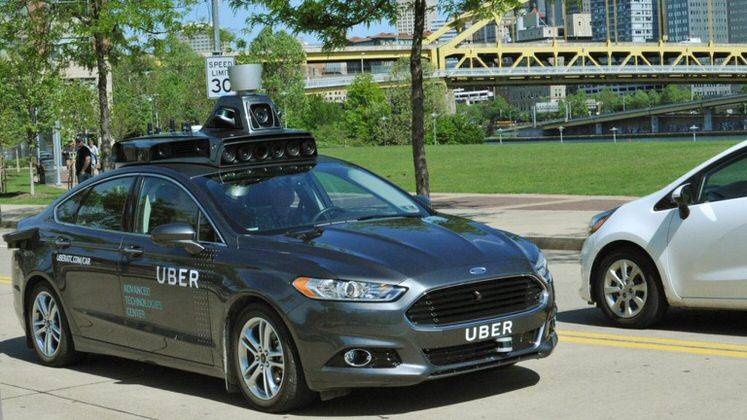Uber’s self-driving project could have been a collaborative effort between the ride-hailing giant and a major automaker, according to a report by The Information.
In the summer, Uber rejected an acquisition offer for the self-driving unit by an unnamed automaker. That led executives to discuss the possibility of further collaboration with automakers, to offset some of the costs of running the division.
See Also: Intel to deploy 100 self-driving vehicles worldwide by end of year
Uber has made self-driving partnership announcements in the past, with Daimler and Hyundai, and Toyota made a strategic investment in the company, aimed at the self-driving division. None of these have been major collaborations, the type that Waymo has with Fiat Chrysler Automobiles (FCA) or Cruise Automation with General Motors.
It was reported last year that FCA was looking to partner with Uber and Amazon, though neither of these partnerships have been confirmed.
There have been a lot of changes at Uber since the discussions were held. An internal investigation found multiple cases of harassment, co-founder Travis Kalanick stepped down as CEO, and Waymo launched a lawsuit against the company for stealing trade secrets.
The lack of leadership and lawsuit may keep automakers away from signing major partnerships with Uber. The company has reportedly lost a bit of its value in the past few months, though revenue and usage is still growing.
Without a dedicated partner, Uber could find itself far behind rivals in the self-driving market. Waymo has deployed 100 Chrysler Pacifica minivans as part of its partnership with FCA, and Cruise Automation is using GM’s Chevrolet Bolt EV cars to test an employee taxi service in San Francisco.
Traditional manufacturers BMW, Fiat, and Delphi have partnered with Intel and Mobileye, creating a consortium dedicated to building all the parts for a self-driving car.


















